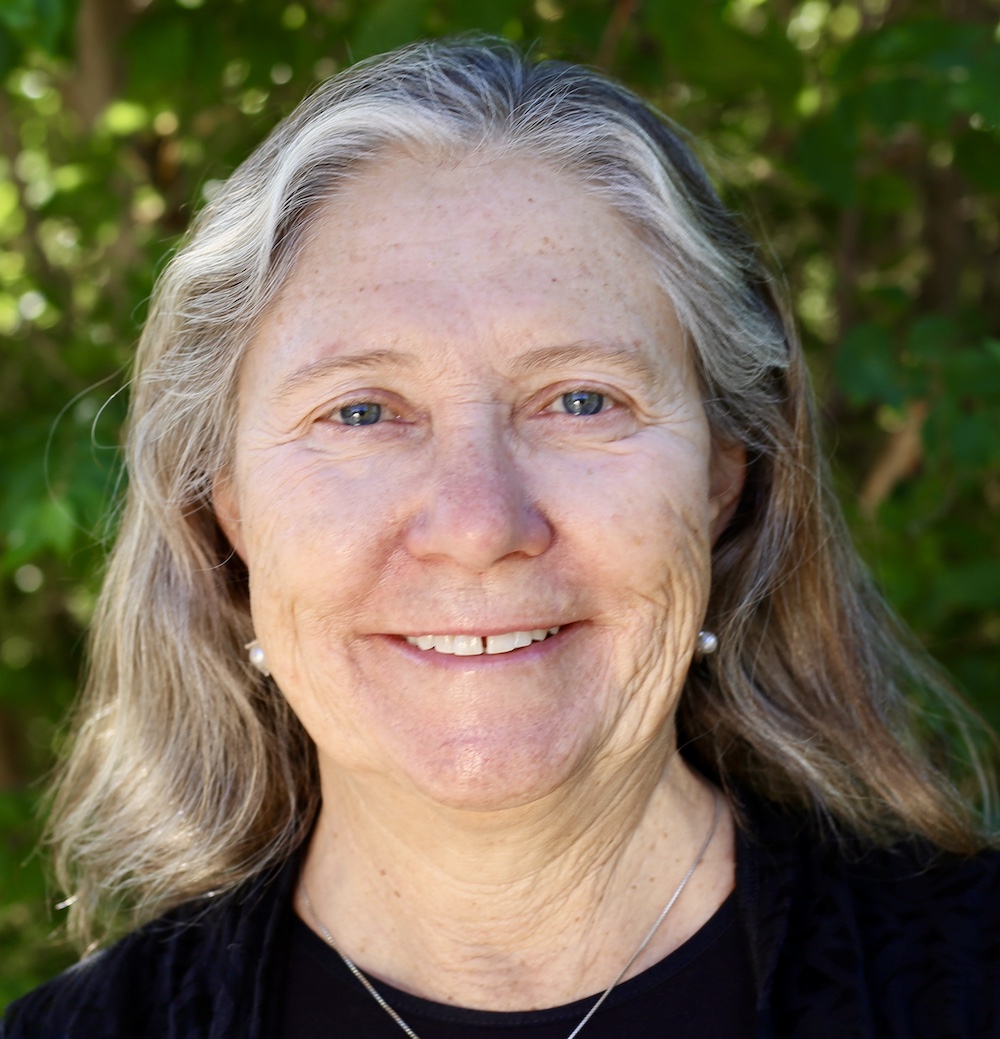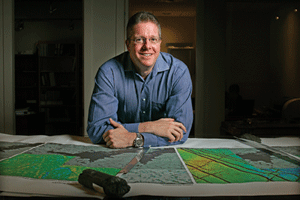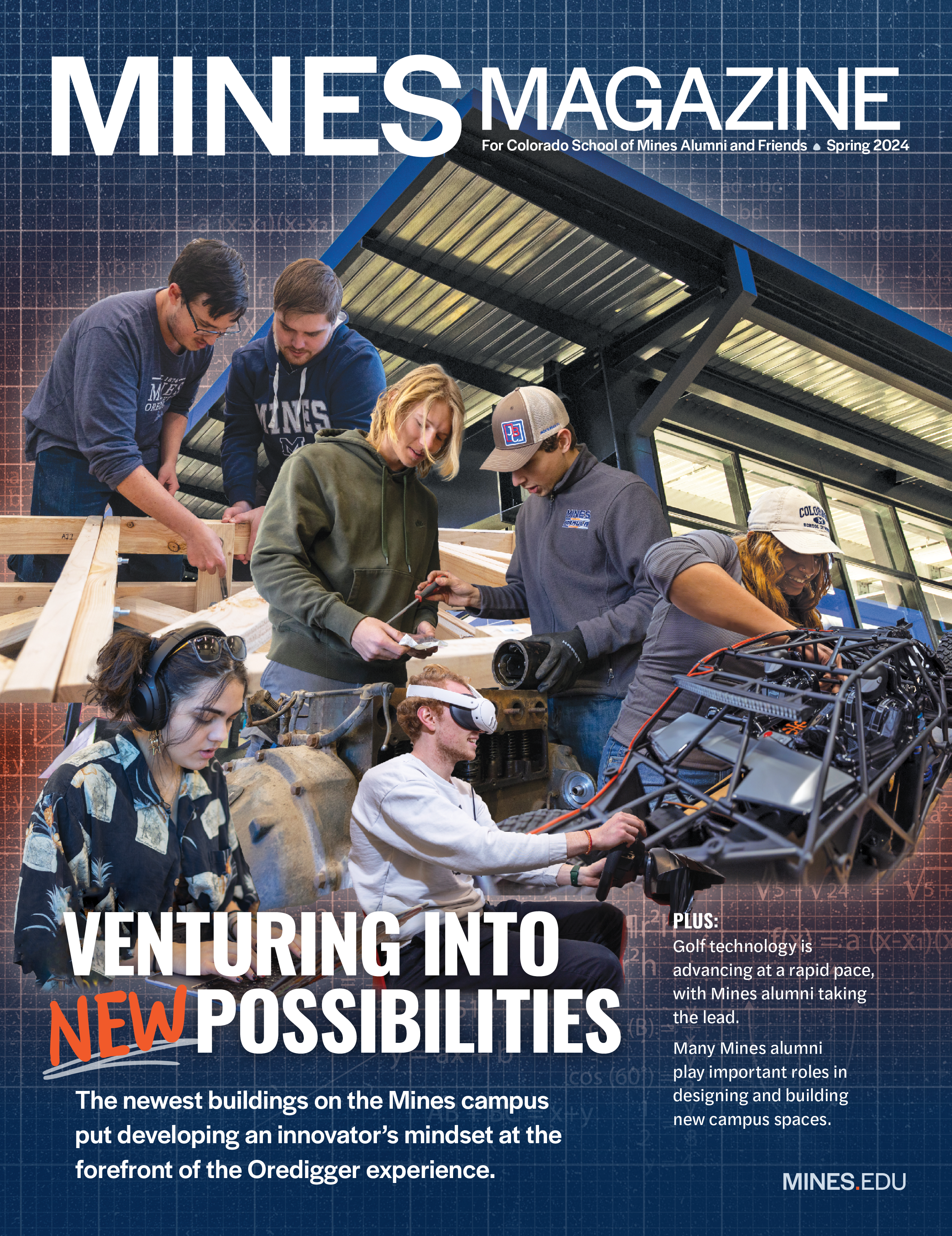Transformations in the field

Today, runners, cyclists and cross-country skiers flock to the Trail of the Coeur d’Alenes, a picturesque 73-mile multi-use path in Northern Idaho’s Silver Valley. But the scene wasn’t always so idyllic. For decades, the area was covered in debris and contaminants from uncovered rail cars traveling back and forth between nearby mining operations.
This transformation—from toxic dumping ground to scenic recreation destination—would not have been possible without Judy Bolis ’82, MS ’92. It’s just one of the impactful projects she’s worked on throughout her career as a mining and environmental engineer.
“It offered a challenge,” she said. “And it was exciting because you were building something. You were taking something that had been damaged and you weren’t just fixing it and closing it, but you were actually creating something new and beneficial for the public.”
Beyond her mining waste cleanup work, Bolis gives back to the community in other ways. She volunteers for Women in Mining USA, a nationwide nonprofit that aims to support the mining industry in becoming more inclusive.
Bolis’ passion for diversity and equity in the industry traces back to her time at Mines, when she had the opportunity to study under ecologist Beatrice “Bettie” Willard. In the 1970s, Willard helped establish Mines’ environmental science program and became the first woman to chair a department at the university.
“She was the foundation of much of the environmental reclamation and stakeholder relations for mining in the western U.S. in the 1970s and ’80s,” Bolis said. “She had a huge influence on me. I saw her as a successful woman in our industry, ahead of her time.”
As an undergraduate at Mines, Bolis completed two summer internships at operating uranium mines—one underground and one surface. At that time, it was rare for women to work underground—they were considered bad luck—but Bolis held her own and tried to learn as much as she could.
A few years after graduation, inspired by Willard, she returned to Mines for a master’s degree in environmental science and engineering. From there, she carved out a path for herself as a successful consultant, working primarily with mining clients in the western U.S. on potential startups and closures.
She’s now semi-retired, and in addition to volunteering with Women in Mining USA, Bolis works part-time with Brooks & Nelson, a boutique mining and mineral industry recruiter based in Golden, Colorado. She remains passionate about the industry and loves touting its benefits to job candidates, such as travel opportunities, working with cutting-edge technology and early-career managerial opportunities.
Whenever a Mines resume crosses her desk, Bolis knows she’s considering a well-rounded, skilled and curious individual who’s ready to tackle complex problems and help meet the needs of the industry. She’s also optimistic about the future of mining more broadly, which she predicts will continue to play a vital role in society by supplying materials for many emerging technologies.
“The industry is exciting and offers many opportunities—and not just for mining engineers, but all engineers, scientists and tradespeople as well,” she said. “Mining is flourishing and will continue to be critical for supplying commodities in our constantly changing world.”



